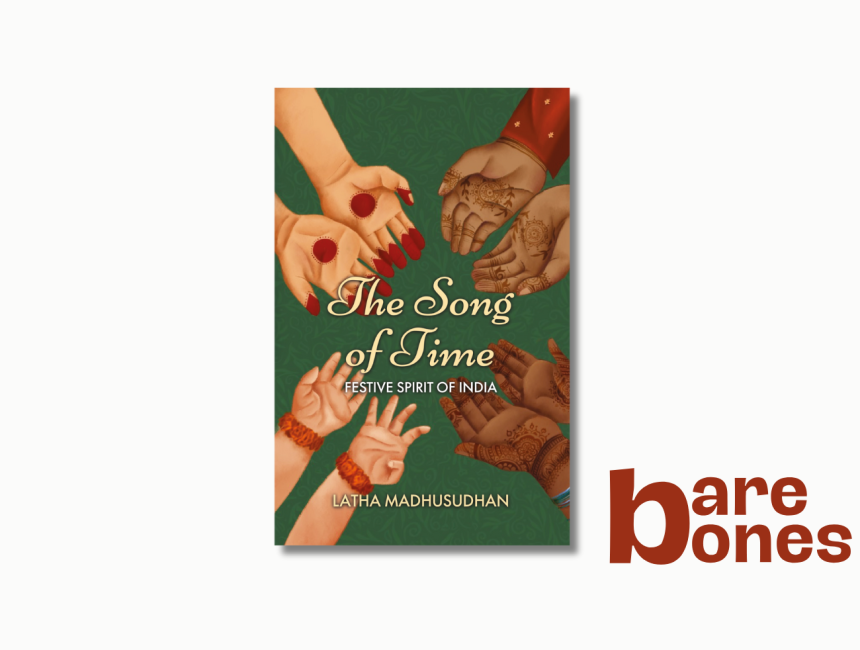Growing up in cosmopolitan cities around India, my experience of festivals was an overwhelming one. A sense of anticipation about what the next year would be like. There was always an awareness of people, clothes, food, rituals, preparation, stories, traditions, socialising, and play, which invariably led to exhaustion at the end of the festivities. Once the holidays were over, life returned to routine—often with unfinished work, minor illnesses, and a lingering sense of being glutted on festivity. The whole experience felt like an overpowering ‘high’, leaving behind a confusing residue of stories and myths, but rarely a sense of the festival’s inner essence.
Years later, as a parent, I chose to play down the festivities, celebrations, and feasting to protect my child from the overpowering sensory experience. A good decision, perhaps, but not so perfect.
The teacher in me tried to improvise, bringing in the balance—a little tradition and culture, some stories and food to associate with the festival, and fun elements of festive craft.
However, as I delved deeper into the origin of our festivals to bring out an inner connection, questions appeared:
• Do we really need to celebrate all festivals?
• How do children respond to each celebration?
• How do parents follow these at home?
• What should schools do?
In our mixed-culture society, the conflict that every teacher and parent faces today is:
• Which festivals do we pick and choose?
• Which ones can be left out?
• What are the right stories that can be told from different regions of India?
• How shall we cater to the mixed bag of cosmopolitan, city-bred parents and children of the 21st century?
• What are the esoteric aspects that can be brought in to meet the age-appropriate needs of the children and young adults?
Living in large communities or apartments, festivals take on a public, celebratory turn, filled with materialistic angles, cultural events, and competitions aimed at outward show rather than inward reflection.
For many, festivals have been reduced to public holidays and weekend getaways for a much-needed respite from their fast-paced lifestyle in very urban homes. This, then, leads to a paradigm shift in the consciousness of the growing human, moving further away from connectedness and rootedness to one’s familial ecosystem.
It is the new trend now to live a global life, to make children aware of all festivals. But really, it is most helpful to make them aware of their own roots and folklore—connections that ground the child’s body, soul, and spirit to their birthplace. The idea of the festival is to help a child connect with their inner being in a subtle and natural way, eventually finding their individual space in the community.
Waldorf education, through the study of Rudolf Steiner’s lectures, gave me clarity and a fresh perspective that helped me simplify and translate the idea of festivals for children in the Indian context.
Across the world, Waldorf schools bring the essence of local festivals to children through stories, songs, and, of course, festive food—which is so important to preserve the culture and tradition of the land children are growing up in.


Leave a Reply